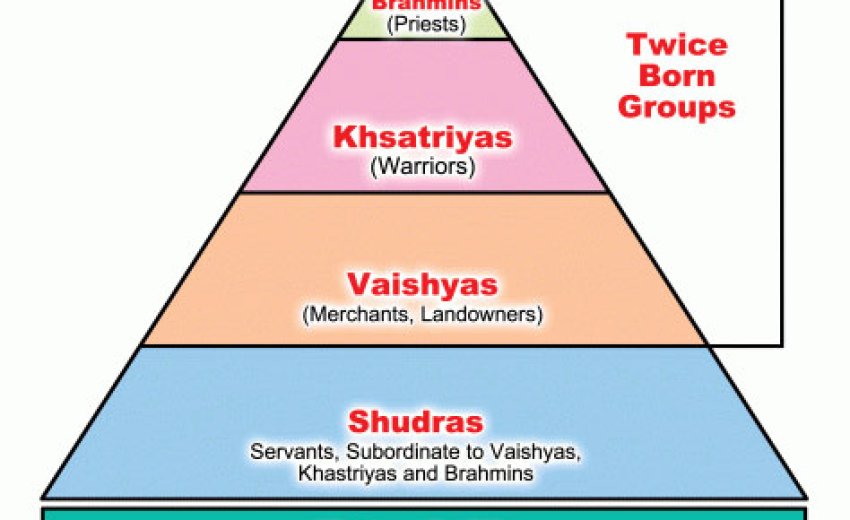It would be completely unfair to shy away from the fact the there has been distortion of Sikh tenets and principles of Sikhism as we’ve entered the 547th year of our inception. Bringing this issue in public won’t be a sign of biasness but an endeavor to make the Sikh Diaspora self-aware of the current challenges the community faces in the land of its origin, Punjab.
Though once known as the land of 5 rivers has not only shrunk in size but also lost the grace of its glorious multi-culturalism fabricated with the universality of the teachings of the Sikh gurus. Our bad luck being Indian/ Punjabi Sikhs is the we have to go with the flow of what seems to be a river of poisonous anti-Sikh forces carrying the Sikh masks.
Caste System, an evil that Guru Nanak was strictly against, and dispelled people’s ignorance about it by saying “Manas ki jaat sabh ekay pehchaanbo” seems to have been finding its stronghold in Punjab where the Sikh community is clearly divided into a set of castes which are stratified in a way that taking birth in one case is considered to be a blessing while taking birth in another is considered to be a curse. The caste system operates so strongly in some rural parts of Punjab that people have established caste-specific gurudwaras, cremation grounds, wells, places of congregation.
Just like the profession based caste system that was prevalent in ancient India and is still prevalent today had the following hierarchy.
Brahmin
Kshatriya
Vaishya
Shudra
Dalit
Moreover the caste status became hereditary and rigid with the passage of time and currently it lays very strong basis for vote-bank politics in India.
Now considering the polity of Punjab, there can be various classifications made on the basis of castes. “Jatts Sikhs” who were actually land-tillers have turned out to be the strongest community by virtue of its resources and its population. Demographically, the community that follows it in political space is that of “B/M (Balmiki/Majhbi) Sikhs”. These are the two major communities having a power struggle as Jatt Sikhs enjoying the monopoly of being on top most of the time as the most prominent leaders in the state belong to this community and the top level state executive positions (ministries) converging towards this community and currently towards a particular family.
Now, my motive isn’t to spread hatred for any particular community or a family but to draw a snapshot of real-time political environment of the state in an objective and an unbiased way. The phenomenon of “Sanskritisation” too is clearly visible in the youth of Punjab whereby the non-jatts try to imitate the Jatts in order to have a delusion of their upward mobility. It doesn’t end there, a low ranking govt. official of this community considers himself emboldened to ignore the orders of a senior official if he/she doesn’t belong to the same dominant community by virtue of his caste.
This is not the end of castes in the Sikh community. There are other castes like Arora Sikhs, Khatri Sikhs and Kamboj Sikhs that are demographically too far behind to assert themselves politically as they are too small in number. Hence, considered to be below Jatts in the caste hierarchy, out of which Kamboj Sikhs enjoy the OBC (Other Backward Classes) status in the state govt. jobs and B/M Sikhs enjoy SC (Scheduled Caste) status. Hence, Kamboj and B/M Sikhs are protectively discriminated and given some preferences and privileges while recruitment in govt. jobs through reservation but Arora and Khatri Sikhs, who are actually least in number, are kept devoid of it.
This caste set up isn’t just visible in the state assembly or govt. institutions but is also visible in the formation of the SGPC, where the allotment of tickets for contesting the elections is made, off the record, with the motive of garnering the caste-based vote bank.
Now without being much judgmental, I would seek the reaction of Sikhs residing outside Punjab. I just want to make sure the truth about existing and operational caste system doesn’t stay untold or untouched and we don’t live in denial any more about it. The truth had to be told, so I did the same.
